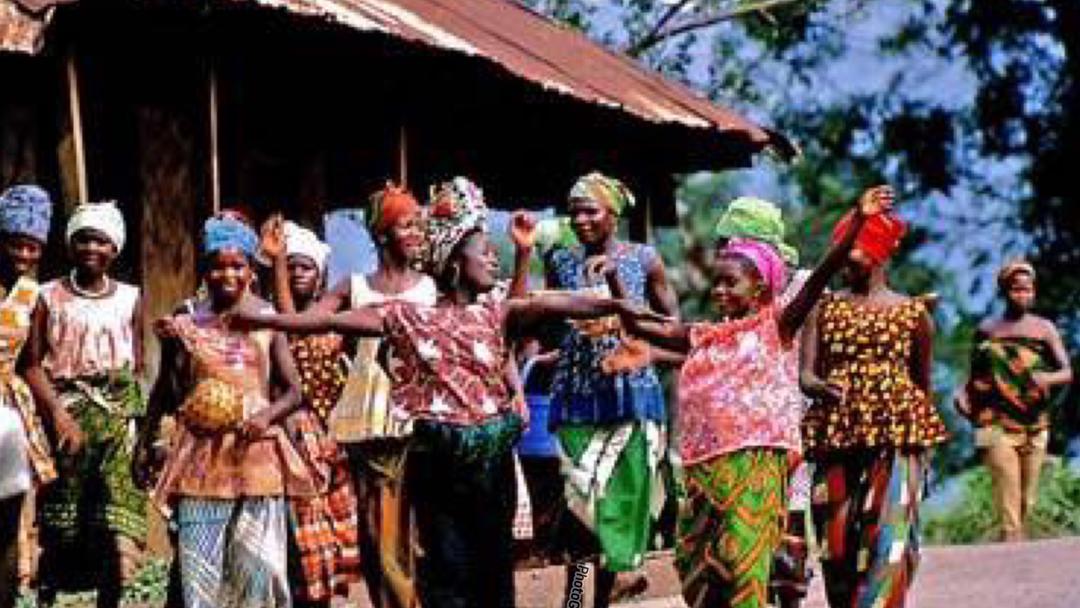Women account for 52 percent of the total population in Sierra Leone yet occupy less than 20 percent of elected positions. Their voice, visibility, participation, and representation in elective and appointment positions remain very low compared to men. Some of these challenges include lack of economic independence, high illiteracy and entrenched customs and traditions, political violence and reprisals, the absence of progressive laws that protect and promote participation for women, and the lack of confidence to vie for public positions.
Sierra Leone is a country that has undergone significant changes in recent years. One of the most notable changes has been the increasing role of women in the country’s development. Women in Sierra Leone have played a crucial role in shaping the country’s future, and their contributions cannot be overlooked.
Historically, women in Sierra Leone have faced significant challenges, including discrimination and limited access to education and job opportunities. However, in recent years, there has been a growing recognition of the importance of women’s contributions to the country’s development.
One area where women have made significant progress is in politics. Sierra Leone has made great strides in promoting gender equality in politics compared to before, with women now holding key leadership positions at both national and local levels. For example, in 2018, Sierra Leone elected its first female mayor, Yvonne Aki-Sawyerr. This is a significant milestone for the country and shows that women can play a crucial role in leadership positions.
In addition to politics, women in Sierra Leone have also made significant contributions to the country’s economy. Women are often involved in small-scale businesses and agriculture, which are essential for the country’s economic growth. Women farmers, for example, play a crucial role in ensuring food security for their families and communities.
Women in Sierra Leone have also been at the forefront of promoting education and health. Women’s groups have been instrumental in advocating for girls’ education and improving maternal and child health outcomes. These efforts have helped to reduce maternal mortality rates and improve access to education for girls.
Despite these successes, women in Sierra Leone still face significant challenges. Gender-based violence remains a significant issue, with many women experiencing domestic violence and sexual assault. Women also continue to face discrimination and limited access to education and job opportunities.
To address these challenges, there is a need for continued efforts to promote gender equality and women’s empowerment. This includes initiatives to promote women’s education and economic empowerment, as well as efforts to address gender-based violence and discrimination.
Women in Sierra Leone have long generated significant advances in the economy and frequently serve a key part in ensuring their households’ survival. In rural Sierra Leone, women perform more than 60% of the agricultural work necessary for food production in the nation. Males, however, continue to have stronger opportunities for management and influence of the industry, ultimately demoting females to inferior jobs, according to USAID.
In conclusion, women in Sierra Leone have played a crucial role in the country’s development. Women’s contributions to politics, the economy, education, and health are essential for the country’s growth and progress. However, there is still much work to be done to promote gender equality and address the challenges that women face. It is essential to continue to support women’s empowerment and promote their participation in all aspects of society for Sierra Leone’s continued development.








